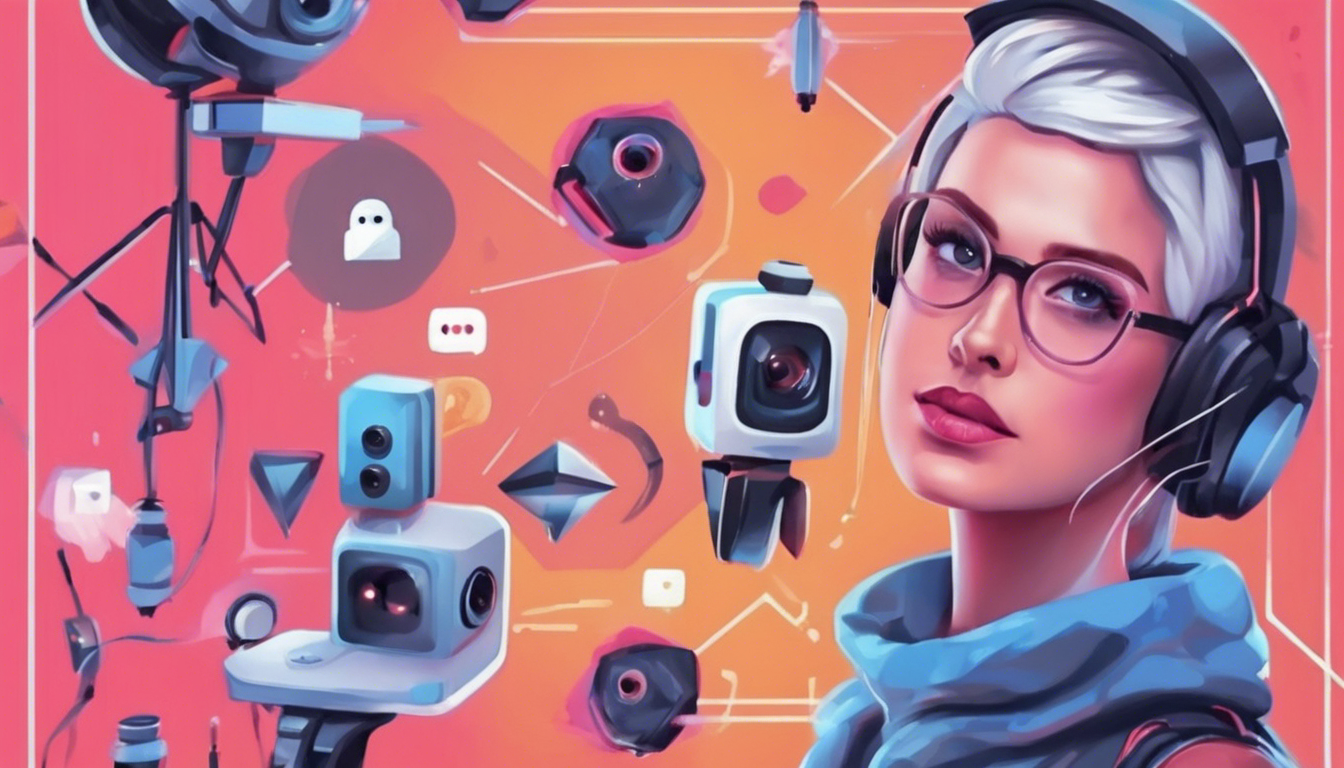
YouTube is set to roll out a series of new rules governing the use of generative artificial intelligence (AI) in content creation, aiming to strike a balance between unleashing creative potential and ensuring responsible use within the YouTube community.
Creators on the platform will now be required to disclose whether they have employed generative AI tools to produce "altered or synthetic" videos. Failure to comply with this disclosure may result in penalties, including the removal of content or suspension from YouTube's revenue-sharing program.
In a recent blog post, YouTube's Vice Presidents for Product Management, Jennifer Flannery O’Connor and Emily Moxley, emphasized the transformative potential of generative AI on the platform. However, they stressed the need for responsible use, stating, "But just as important, these opportunities must be balanced with our responsibility to protect the YouTube community."
The new rules extend the scope of regulations introduced by YouTube's parent company, Google, in September, which mandated prominent warning labels for political ads on YouTube and other Google platforms that utilized artificial intelligence.
Under the latest changes, YouTubers will gain additional options to indicate when they are posting AI-generated videos that realistically depict events that never occurred or feature individuals saying or doing things they did not actually do. This is particularly crucial for content discussing sensitive topics such as elections, ongoing conflicts, public health crises, or involving public officials.
Viewers will be alerted to altered videos through labels, including prominent ones displayed on the YouTube video player for content related to sensitive topics.
YouTube is also leveraging AI technology to proactively identify and address content that violates its rules, aiding in the swift detection of "novel forms of abuse."
The privacy complaint process on YouTube will be updated to accommodate requests for the removal of AI-generated videos that simulate identifiable persons, including their face or voice.
Furthermore, YouTube music partners, including record labels and distributors, will be empowered to request the takedown of AI-generated music content that mimics an artist's unique singing or rapping voice.
These new measures reflect YouTube's commitment to ensuring responsible AI use on its platform while providing creators with the tools to navigate the evolving landscape of content creation. As technology continues to advance, platforms like YouTube are adapting their policies to maintain a balance between creativity and community protection.